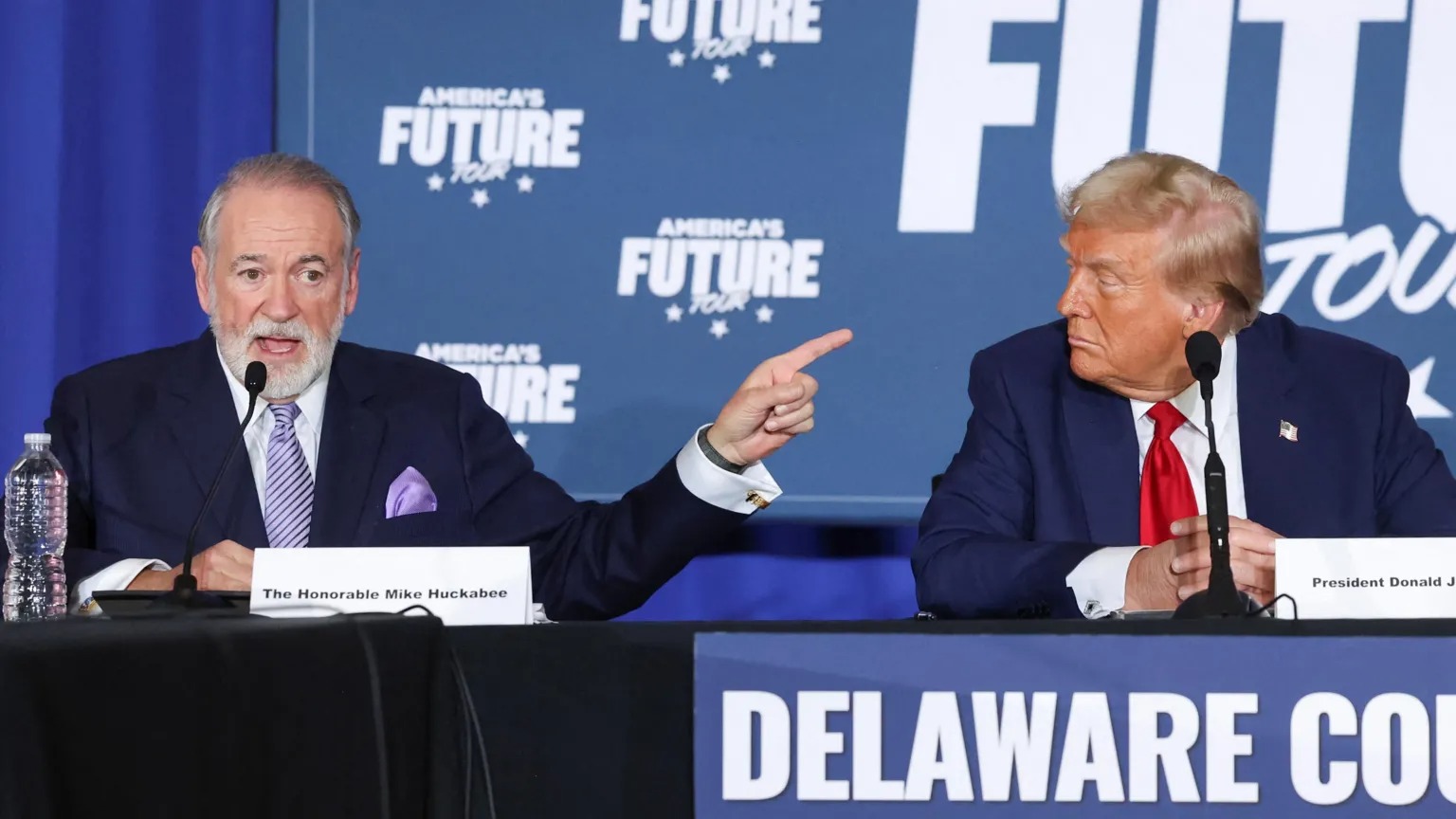
Trump’s Pick of Huckabee and Witkoff Signals Potential Shift in Middle East Policy
President-elect Donald Trump’s recent selections of Mike Huckabee as US ambassador to Israel and Steve Witkoff as his special envoy to the Middle East signal a potential shift toward a more pro-Israel, pro-settlement approach in US foreign policy. These appointments have been met with enthusiasm by the Israeli far-right, who view them as supportive of expansion into territories that would otherwise be part of a future Palestinian state.
Huckabee’s Long-Standing Pro-Settlement Views
Mike Huckabee, former Arkansas governor, has a history of supporting Israel’s control over the West Bank. Known for dismissing the term “occupation” and referring to the West Bank by its Biblical names, Judea and Samaria, Huckabee’s stance aligns closely with the Israeli right wing. His advocacy for settlement expansion and his view that “there’s no such thing as an occupation” have cemented his reputation as a strong ally of pro-settlement interests.
In 2019, the Trump administration took steps that departed from decades of US policy, declaring that it did not view Israeli settlements as illegal under international law. Trump’s 2020 peace plan, which greenlit the potential annexation of parts of the West Bank, further strengthened ties with the Israeli right. Huckabee’s appointment is viewed by many as an indication that a similar, if not more supportive, approach may return under Trump’s upcoming administration.
Reactions from Israeli and Palestinian Leaders
Huckabee’s nomination has been widely celebrated by Israeli far-right leaders, including Finance Minister Bezalel Smotrich and National Security Minister Itamar Ben-Gvir, who view it as a step toward achieving their goals of territorial annexation. Smotrich, who recently declared 2025 “the year of sovereignty” for the West Bank, sees Huckabee’s presence as an opportunity to advance these ambitions, despite international opposition.
On the other side, Palestinian leaders have voiced strong concerns. Mustafa Barghouti, a prominent West Bank-based politician, expressed fears that Huckabee’s pro-settlement stance could further undermine peace efforts. “It’s not just about Palestinians and our suffering,” Barghouti said. “It’s about the international order,” highlighting concerns that endorsing annexation may set a troubling global precedent.
Steve Witkoff’s Role and Potential Influence
Trump’s choice of Steve Witkoff, a real estate developer and close confidant, as his Middle East envoy has raised questions, as Witkoff has little formal experience in foreign policy. However, he has praised Trump’s past efforts in the region, specifically the Abraham Accords, which aimed to normalize relations between Israel and Arab nations. While Witkoff’s impact on policy remains uncertain, his proximity to Trump suggests he will be a trusted voice in the administration’s approach to Middle Eastern affairs.
Future of US Policy Toward Israel and the Palestinian Territories
As Trump’s administration takes shape, the combined influence of Huckabee and Witkoff is likely to shape a Middle East policy that prioritizes Israeli interests, potentially at the expense of Palestinian hopes for a two-state solution. While Netanyahu has signaled similar intentions by appointing hardline figures to diplomatic roles, analysts caution that this does not guarantee that the US will fully endorse annexation or aggressive settlement expansion.
However, for Palestinian leaders, the outlook remains concerning. The fear is that with a pro-settlement ambassador in place, the US will drift further from supporting a peaceful resolution to the Israel-Palestine conflict. As the Biden administration faced criticism from Palestinians over its Gaza war stance, Trump’s upcoming term could deepen Palestinian disillusionment with the US.
External Link:
Learn more about Trump’s Middle East appointments and policy implications
Internal Link:





